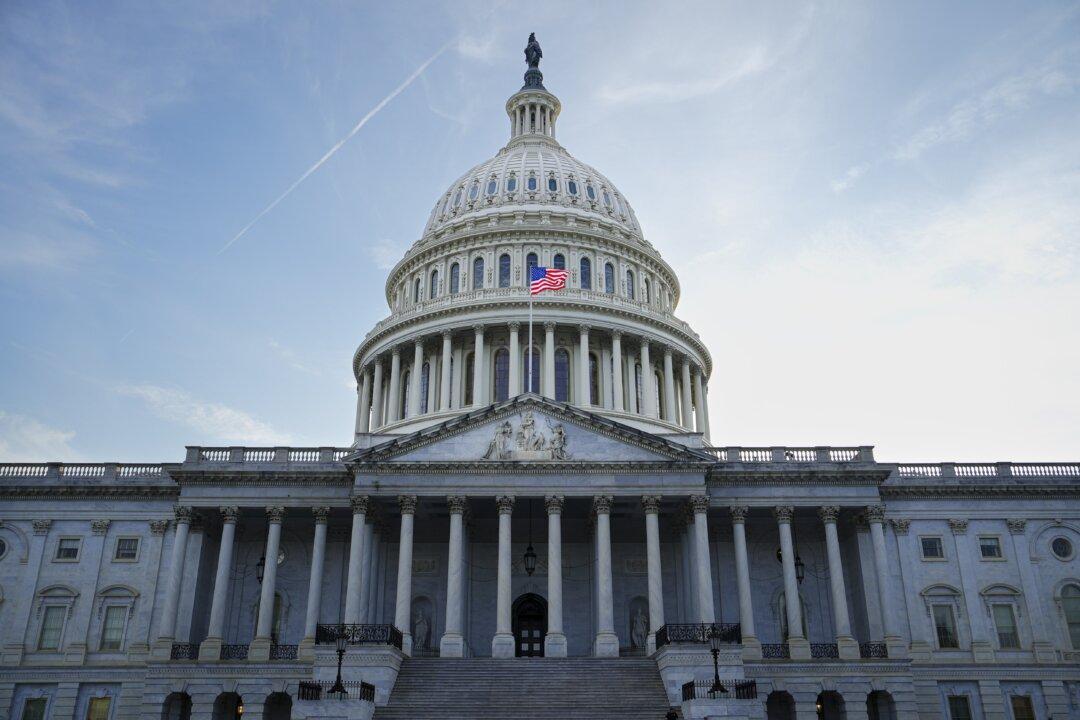The U.S. Senate will consider a joint resolution to overturn President Joe Biden’s student debt relief plan.
In a 51–46 vote, the chamber approved a motion to take up the resolution on May 31, opening the door to a congressional rebuke and nullification of Biden’s one-time student loan forgiveness program.





